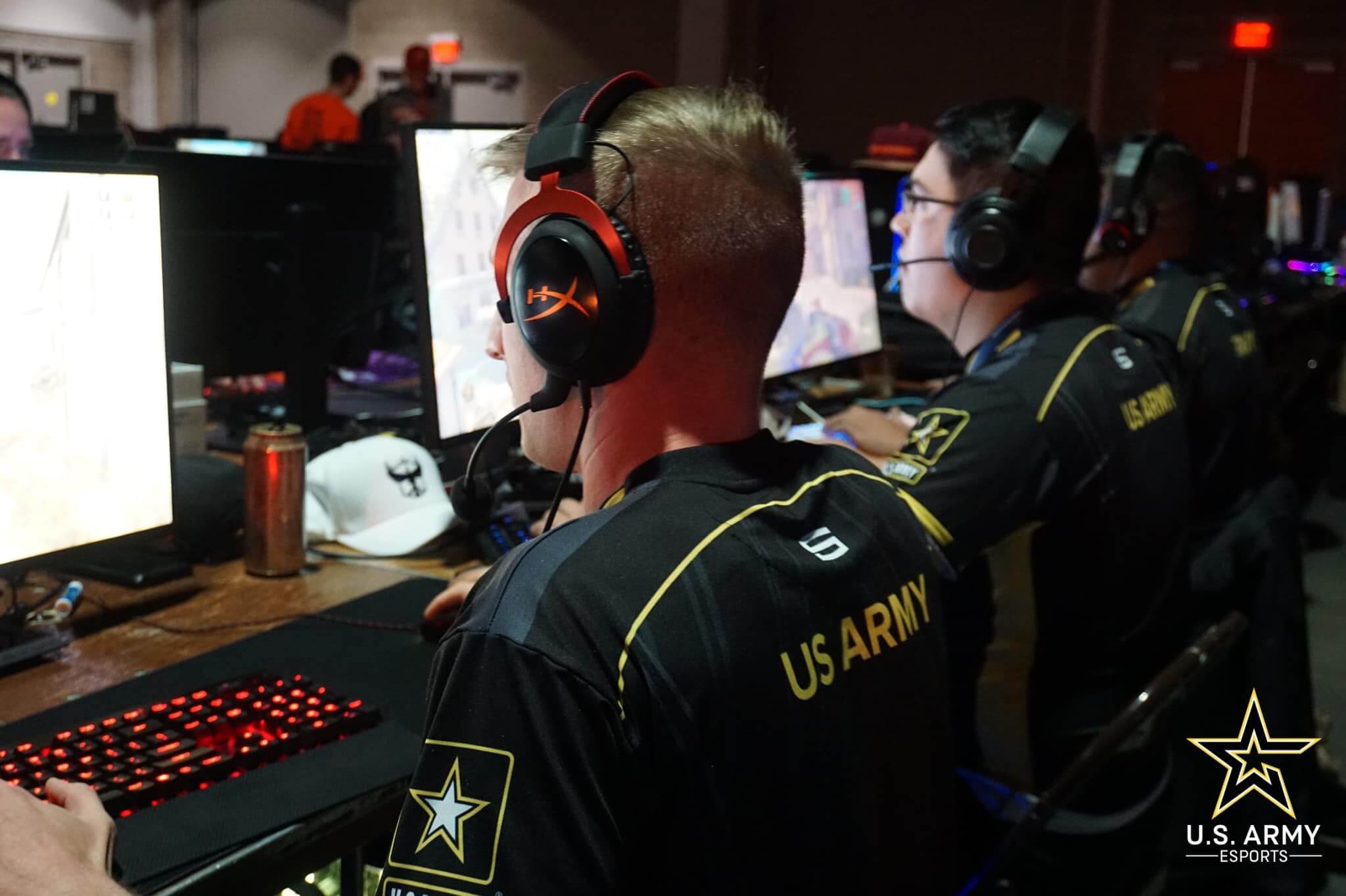A hot potato: The US Army's relationship with esports has been an uneasy one, but that hasn't stopped branches of the military from becoming more involved in the industry. The latest move has seen Generation Esports announce a partnership with the Army National Guard, as well as Asus and Intel, to install esports gaming labs in 25 US high schools.
The selected High School Esports League-affiliated schools will receive an esports lab that includes six gaming PCs packed with 10th-Gen Intel Core i7 processors and Asus ROG Strix GeForce GTX 1660 Super graphics cards. They'll also get monitors, mechanical keyboards, wireless headsets, and gaming mice. Additionally, one of the schools will receive "a full internet infrastructure upgrade" from Extreme Networks to make it more suitable for esports.
Generation Esports president Jason Kirby said that esports labs can be expensive, so the initiative will give schools an opportunity they might not otherwise have. "With this project we not only teach students life-long lessons on computer building and maintenance, but also give them the opportunity to get hands-on experience of Esport gaming, potentially setting them up for a future career."
Students will be taught how to build and maintain the esports labs when setup begins in Spring 2021.
Kirby added that partner representatives, including members of the National Guard and its esports team, will be going into schools to provide advice on STEM-related career choices and programs.
Schools can opt-out of the National Guard attending their locations. If not, its esports teams will take part in exhibition matches at certain schools, and reps will "speak to the benefits of pursuing STEM-related careers in the National Guard," reports PC Gamer.
Interested schools can apply here. Applications are open until January 31, and those selected will be announced by February 15.
In July, the US Army's Twitch channel was reprimanded by the platform for using fake game controller giveaways to direct people to recruitment forms. It was also accused of violating viewers' First Amendment rights after banning users who asked about its favorite war crimes. It led to Alexandria Ocasio-Cortez speaking out against the channel, which returned in August with barely many moderation.
